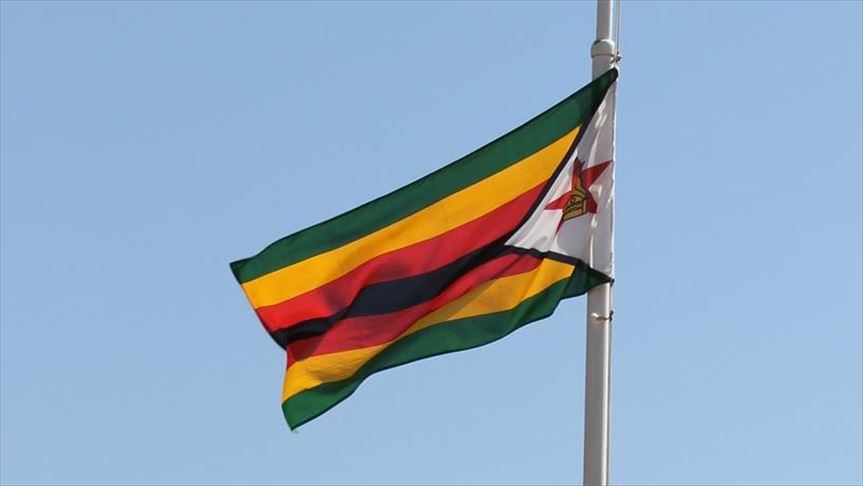By ETimes
Tax collection remains a key method of raising income for the government, but it should exist among other domestic resource mobilization strategies. However, the fact that there is a gap in local production and value extraction from our minerals, for example, leaves the government with an appetite to overtax the citizens unfairly.
Zimbabwe is already in a compromising position due to the fact that the majority of business lies in the informal sector. The few businesses that remain formalized are indeed being forced to go to the black market and operate outside regulation because the cost of doing business is higher within the formal scope. Furthermore, the official exchange rate is lagging far behind the black market rate, enticing businesses to operate outside formal bounds.
The government needs to acknowledge and address the currency crisis, which is at the centre of price volatility. Furthermore, the government should incentivise value addition to increase income from local production and exports while also curbing corruption in the extractive sector, which causes the loss of value that could be directed to meaningful development.
However, according to a 2019 report by the International Monetary Fund (IMF), Zimbabwe’s tax collection system faces several challenges, including low compliance rates, weak enforcement mechanisms, and a large informal sector. The report also notes that tax administration costs are high due to outdated technology and manual processes. These factors contribute to a high tax collection burden for the government and may hinder economic growth and development in the country.
Zimbabwe’s tax system is complex and often confusing for both individuals and businesses. The country has a range of taxes that are levied on different types of income, including personal income tax, corporate tax, value-added tax (VAT), customs duties, and excise duties.
Personal income tax is levied on all individuals who earn an income in Zimbabwe. The tax rates are progressive, with higher earners paying a higher percentage of their income in taxes. The current top rate of personal income tax is 40%.
Corporate tax is levied on all companies operating in Zimbabwe. The standard rate of corporate tax is 24%, but there are also special rates for certain industries, such as mining and agriculture.
VAT is a consumption tax that is levied on most goods and services sold in Zimbabwe. The current rate of VAT is 14.5%, but there are also exemptions for certain goods and services.
Customs duties are levied on imported goods entering Zimbabwe. The rates vary depending on the type of goods being imported, with some items attracting higher rates than others.
Excise duties are levied on certain products, such as alcohol, tobacco, and fuel. These taxes are designed to discourage consumption of these products while also generating revenue for the government.
One of the challenges with Zimbabwe’s tax system is that it can be difficult to navigate due to frequent changes in regulations and policies. This can make it challenging for businesses to plan their finances effectively and comply with all the necessary requirements.
Another issue with the tax system in Zimbabwe is that there are often high levels of corruption and inefficiency within the government agencies responsible for collecting taxes. This can lead to delays in processing payments or even outright fraud.
While Zimbabwe’s complex tax system generates significant revenue for the government, it can be challenging for individuals and businesses to navigate effectively due to its complexity and lack of transparency – Harare


